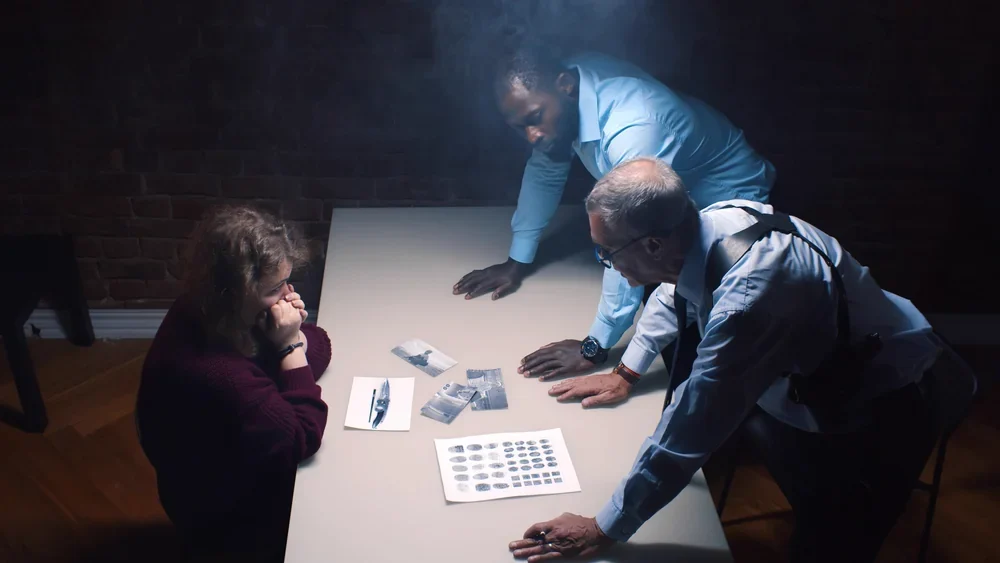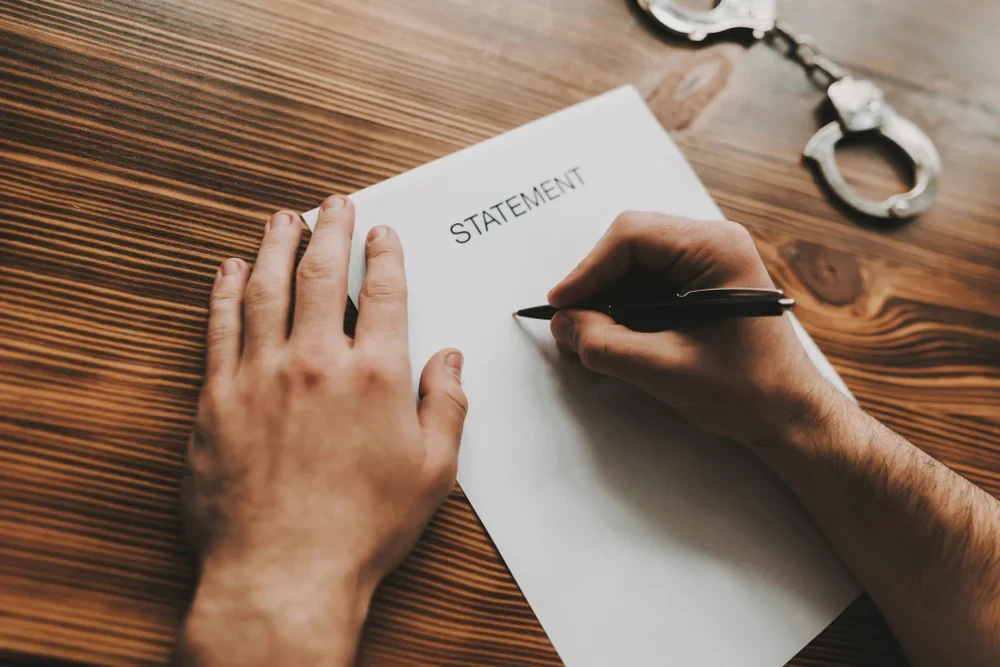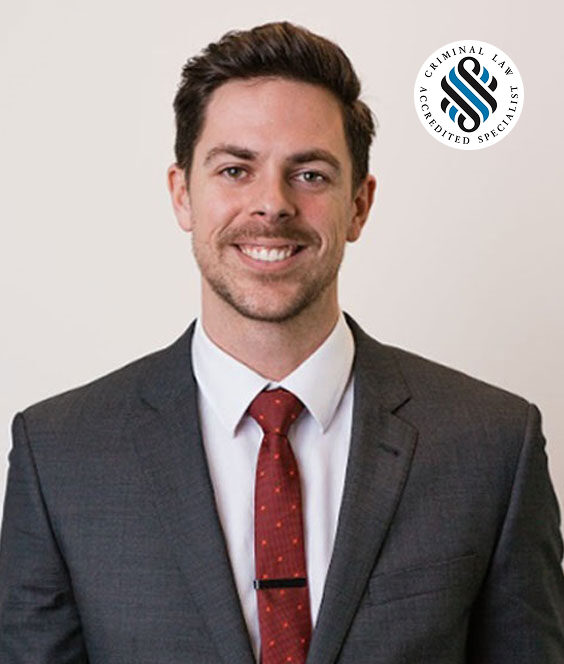
Facing a police interview can be intimidating. The stakes are high, and anything you say may be used as evidence in court. Understanding what not to say in a police statement is essential to protect your rights and avoid complications later.
Many people speak under pressure or without full awareness of the legal implications, leading to errors that could be misunderstood or misused. This article outlines the most common mistakes, provides practical insights, and helps you navigate the process with clarity and confidence.
What Is a Police Statement?
A police statement is an official record of what a person saw, heard, or experienced during an incident. It can be written, typed, or recorded and becomes part of the evidence in criminal proceedings.
Whether you are a suspect or a witness, the content of your statement carries legal weight. Police officers may request that you give one, but it’s important to understand what’s involved before you agree.
A well-prepared statement should be clear, factual, and free of speculation. You should never feel pressured to provide one on the spot. If you are uncertain about what to include, you have the right to pause and consider your next steps carefully.
Know Your Rights When Speaking to Police
Before answering any questions, it’s essential to understand your rights during a police interview. These protections are in place to ensure fairness and prevent self-incrimination.
Some of your key rights include:
- The right to remain silent
- The obligation to provide only basic details, such as your name and address
- The right to request the presence of a lawyer
- The right to leave if you are not under arrest
These apply whether you’re being questioned as a suspect or a witness to a crime. Remember, police interviews are part of an official investigation. Your words aren’t casual—they can shape the course of your case.
Can You Say “I Don’t Answer Questions” to Police in Australia?
Yes. You have the legal right to politely refuse to answer questions beyond your identity details. Saying something like, “I don’t answer questions” or “I’d rather not comment at this stage,” is a lawful way to exercise this right.
Remaining silent is often misunderstood as an admission of guilt, but it is not. It is a protective legal strategy to prevent you from accidentally saying something that could be used against you.
Keep your responses respectful and minimal. You are not obligated to justify your choice to remain silent.
Can You Be Forced to Give a Statement to Police?
In most cases, no, you cannot be compelled to give a full police statement, especially if you’re the accused. While you must confirm your name and address when lawfully requested, you’re not required to explain your version of events or respond to detailed questions.
For witnesses, the situation is similar. Although police may encourage you to provide a witness statement, doing so is generally voluntary. If you’re unsure about your role in an investigation, you can always ask whether you’re legally required to speak further.
The decision to provide a statement should be made thoughtfully, as it becomes part of the official investigation record.
Do You Have to Unlock Your Phone for Police in Australia?
This question is increasingly relevant in digital investigations. Generally, police cannot demand access to your phone without proper legal authority.
- Without a warrant or court order, you’re not obligated to unlock your device.
- If officers obtain a warrant under Commonwealth encryption laws, you may be required to unlock it.
- Refusal to comply in that instance can lead to charges.
Since your device may contain personal and sensitive data, consider carefully before agreeing to hand it over. The contents of your phone can influence an investigation far more than you realise.
The Risks of Speaking Without Legal Counsel
One of the most common mistakes during a police interview is engaging in conversation without understanding the legal consequences. Even well-meaning or innocent statements can be misunderstood or misused.
Common risks include:
- Saying something that may later be seen as self-incriminating
- Giving inconsistent accounts over time
- Offering vague or speculative answers
- Mentioning unrelated information that draws attention to other matters
It’s not about hiding anything—it’s about protecting yourself from avoidable complications. Choosing your words carefully is essential, particularly when emotions are high or you’re under pressure.
When to Give a Statement to Police as an Accused Person
If you’re under suspicion, you may feel tempted to tell your side of the story immediately. But rushing into a statement for the police could backfire.
Anything you say may be compared against other evidence or testimonies. If your account differs—even slightly—it could raise doubts about your credibility.
Unless you’re confident that your version won’t be twisted or misunderstood, it may be better to remain silent. You’re not required to prove your innocence at the moment.
A clear, timely, and well-considered response will always serve you better than a reactive one.
When to Give a Statement as a Witness
As a witness to a crime, your input can be valuable, but it must be accurate and considered. Providing a witness statement is usually voluntary, yet it holds weight in any legal process.
Before offering your account:
- Ensure you clearly recall what you saw or heard
- Avoid speculation or trying to fill in memory gaps
- Don’t feel pressured to say more than what you know
If you’re asked to provide a statement of no complaint—for instance, if you no longer wish to pursue charges—it’s still important to make sure your words are precise and properly recorded. Changes to your original position may raise questions later, especially in court.
What Should You Avoid Saying During an Interrogation?
Police interrogations are designed to extract details, but also to test for inconsistencies. Knowing what to avoid saying is critical to preserving your position.
Do not:
- Guess or assume details (“I think it was around…” or “Maybe he said…”)
- Admit fault unintentionally (“I didn’t mean to hurt anyone…”)
- Provide long-winded or emotional explanations
- Apologise, even casually—it can be misconstrued as guilt
- Say anything that contradicts what you may have said earlier
Keep your answers short, factual, and consistent. If unsure, a simple “I’m not comfortable answering that” is better than a misstep that could impact your credibility.
Common Mistakes in Police Statements
Even well-meaning individuals often make avoidable errors in their statements to police, especially when under stress. These mistakes can create confusion or raise doubts about your credibility.
Frequent issues include:
- Speculating or filling in memory gaps
- Contradictory statements due to nervousness or confusion
- Oversharing details not directly related to the incident
- Using vague language like “maybe,” “I guess,” or “sort of”
- Rambling or going off-topic during explanations
If you’re unsure how to write a statement, it’s better to stick to clear, direct facts in the order they occurred. Clarity reduces the chance of being misunderstood, especially if your statement is later examined in court.

Why Misleading Statements Can Damage Your Case
Whether accidental or intentional, misleading statements can quickly complicate your situation. Even a small inconsistency can be exploited by the prosecution to challenge your honesty.
Risks include:
- Facing new or additional charges
- Losing credibility as a witness or defendant
- Undermining your entire defence
- Raising doubts that delay or derail proceedings
In some instances, a poorly worded statement could lead to unintended legal consequences or be deemed inadmissible in court due to its inconsistency.
If you’re worried you’ve already made a mistake in your statement, don’t attempt to fix it alone. Missteps in trying to retract or amend a statement can raise red flags. It’s important to approach corrections properly to avoid suggesting dishonesty. In serious situations, withdrawing a statement—such as submitting a letter to police to withdraw charges—must be carefully handled.
Practical Advice: What Not to Say in a Police Statement
Avoid saying anything that you are unsure about or haven’t considered carefully. Statements that seem harmless in the moment can later be used out of context or misconstrued in court. This is why knowing what not to say in a police statement is so important for anyone facing an interview or interrogation.
Avoid the following:
- Guessing details – Stick to what you clearly remember. Don’t try to fill in gaps.
- Admitting guilt unintentionally – Phrases like “I didn’t mean to…” may imply guilt even if you’re innocent.
- Speculative comments – Avoid statements like “I think he was there too,” unless you’re certain.
- Over-explaining – Giving too much context can open up unrelated lines of inquiry.
- Casual language – This can be misinterpreted or seem dismissive in official transcripts.
Silence isn’t a sign of guilt. If you’re uncertain or feel pressured, it’s appropriate to pause or state that you’re not comfortable answering that question.
The Importance of Consistency and Clarity
Even minor inconsistencies can impact how your statement is perceived. Inconsistent or ambiguous responses often raise doubts during an investigation or a trial.
To ensure your statement is consistent and clear:
- Recall events in chronological order
- Use specific, factual language
- Avoid qualifiers like “maybe” or “I suppose.”
- Don’t change your terminology mid-explanation
- Review your account before submitting it
If your police report is inadmissible in court, it may be due to poor structure, vagueness, or contradiction. Writing clearly and calmly reduces that risk and helps ensure your version of events is understood as intended.
Your Lawyer’s Role in Protecting Your Interests
A legal professional offers more than just support—they act as a protective barrier between you and potentially harmful questioning. Whether you’re a suspect or a witness, having a lawyer involved early helps ensure that your rights are respected and your position is not weakened.
A lawyer can:
- Explain the legal implications of what you’ve been asked
- Help you understand what to answer and what to avoid
- Intervene if police tactics become coercive
- Clarify whether giving a police statement is appropriate at all
- Ensure your words are not misinterpreted or taken out of context
This guidance is especially important when you’re feeling pressured or unsure about what’s happening. Engaging a lawyer doesn’t mean you have something to hide—it means you’re protecting your right to a fair and accurate process.
Special Considerations for Business Owners and HR Professionals
If you’re managing a team or representing an organisation, a police statement has broader implications. What you say may affect employees, company operations, or even trigger legal obligations under workplace law.
Be mindful when discussing:
- Internal protocols or policies
- Workplace incidents or employee behaviour
- Confidential or commercially sensitive information
Even statements made in good faith can expose you—or your company—to risk if they’re misunderstood or documented poorly. If you’re unsure whether to issue a statement or how to phrase it, draft it carefully with professional guidance and consider preparing a formal written response.
What If You’ve Already Made a Statement?
If you’ve already spoken to the police or submitted a statement and now have doubts about what you said, it’s important to act calmly and quickly. People often second-guess themselves, especially after realising how their words might be interpreted in a legal setting.
Here’s what you should consider doing:
- Review the statement thoroughly: Read through what you submitted to identify any inaccuracies or unclear points.
- Note inconsistencies: If your memory has changed or if you feel you were pressured, make a list of what no longer seems correct.
- Do not attempt to change your statement alone: Altering or retracting your statement without following proper procedures may create suspicion or legal consequences.
- Understand potential outcomes: If your revised statement contradicts earlier claims, you may be asked to explain the difference, especially if the matter reaches court.
It’s important to know that retracting a police statement can come with consequences, especially if it raises questions about your credibility or motives. Any corrections should be made transparently and only through the correct legal process.
Conclusion: Protect Yourself with the Right Approach
A police interview is not just a routine conversation—it’s a legal event where your words can have long-term effects. Whether you’re the accused, a witness, or involved in a workplace matter, understanding what not to say in a police statement is just as critical as knowing what to include.
By staying composed, avoiding speculation, and being honest—without overexplaining or guessing—you reduce the risk of misinterpretation or legal complications. And while you may not always need to provide a statement, if you do, make sure it is measured, consistent, and accurate.
At KPT Legal, we’ve helped countless individuals and professionals navigate police interviews with confidence. If you’re unsure about what to say, or whether to say anything at all, we’re here to guide you through the process with clarity and discretion.












